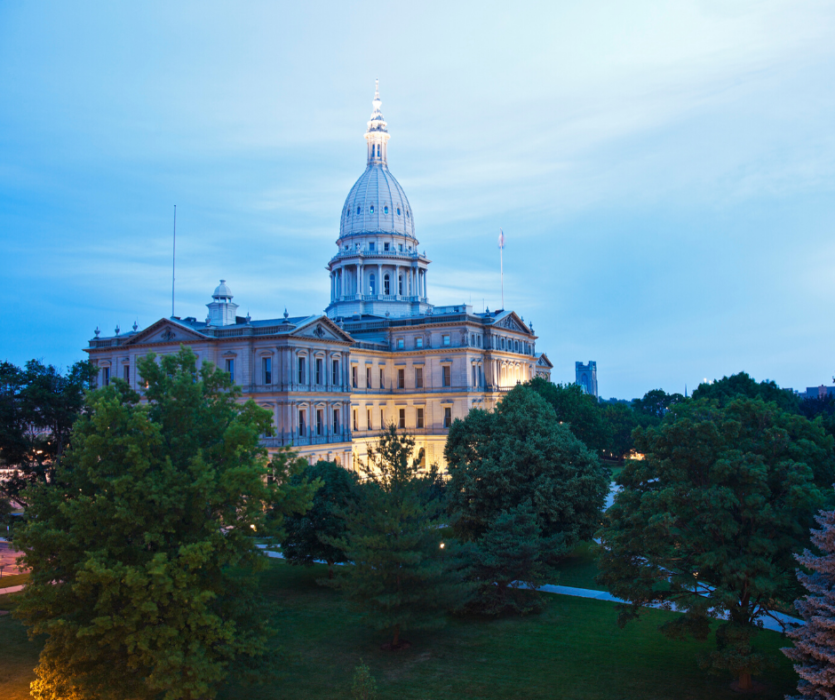
Senate Passes Bills To Bring Worker-Employer Relationship To Pre-2020, COVID Law
June 28, 2022
The Senate approved legislation aiming to lift pandemic-related employer and workforce barriers, which were designed during 2020 to keep workers from being penalized when exposure to COVID-19 previously resulted in 14-day quarantines.
In spring 2020, as health professionals sought to comprehend the mystery of the rapid-spreading COVID-19 virus, officials in the field called for 14-day isolation periods to those exposed to somebody infected with COVID-19, as well as after traveling from a region or city with an elevated amount of cases.
Nowadays, COVID-19 vaccines are widely available across Michigan. Also, as of December 2021, the Centers for Disease Control and Prevention (CDC) has advised individuals who tested positive for the coronavirus to quarantine for five days, and to mask-up for the next five days if they are asymptomatic or symptoms settle.
However, a public act from 2020 still bars an employer from taking certain actions against an employee when they do not report to work under the umbrella of COVID-19 circumstances.
HB 5244, HB 6128 and HB 6215 – which are all tie-barred together and have been amended – aim to remove employers from being “stuck between a rock and a hard place” by July 1 of this year, according to Senate Economic and Small Business Development Chair Ken Horn (R-Frankenmuth).
“If something happens, what rule do they follow? CDC guidance – which is actually lighter now – or our very strict rules from 2020? It’s a tough spot for them to be in,” said Horn after Thursday’s Senate session. “We’re taking all three bills – all three ideas, and protecting employees, protecting employers and repealing all those bills and kind of going just right back to the relationship that employers and employees had prior to 2020.”
During Thursday’s Senate session, the bills passed nearly unanimously, with Sen. Betty Jean Alexander (D-Detroit) giving the single no vote to HB 5244 in the package.
Horn described a present-day trend where employees contract COVID-19 – or are demonstrating symptoms of the virus – and are told to stay home. From there, Horn explained they are forced to isolate themselves for 14 days, even if they’ve run out of paid leave and sick days.
“They have no money. They get no pay – instead of using the CDC guidance and our public health guidance,” Horn told the media. “So just to avoid any confusion, avoid the frustration . . . we just said ‘we’re going to repeal the law.'”
As the legislation wipes away the COVID-19 Employment Rights Act passed in October 2020, it would also put an end to liability safeguards for businesses.
The protections provided an employer with affirmative defense if they could verify that they followed local, state and federal COVID-19 orders when one of their workers became infected.
“While on its face repealing liability protections for businesses would be of concern to the business community, the data shows the bulk of the litigation hasn’t been focused on personal injury; it’s been focused on other disputes. This is true nationally and in Michigan,” the Michigan Chamber of Commerce published in support of the legislation. “Of the 282 claims filed in Michigan, 103 were in the area of ‘labor and employment’ – nearly half.”
Horn expressed that the business community has realized that the liability measures from 2020 were not true protections, and that employers should have a pretty good idea on how to handle a potential courtroom situation. “Not that the uncertainty is gone, but we’ve learned so much,” he said. “Not that the employees are protected by us – they’re protected by their doctors and by COVID rules – we’re there to make sure that our laws are in line with CDC regulations, and that’s what we did today.”